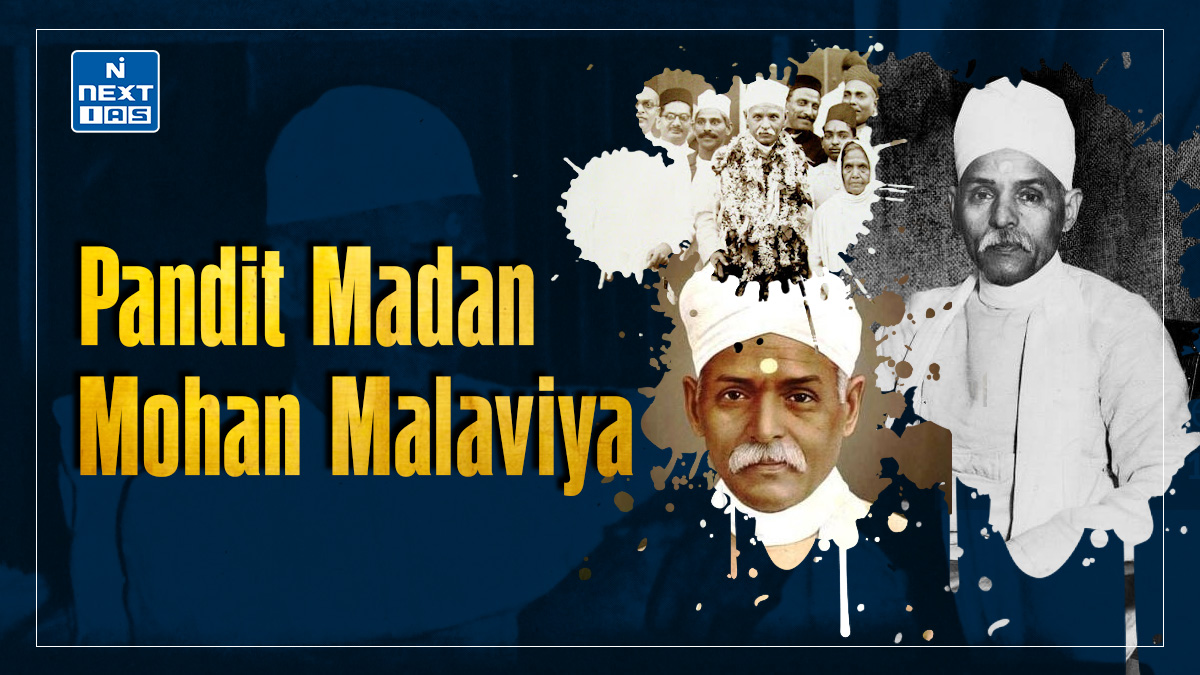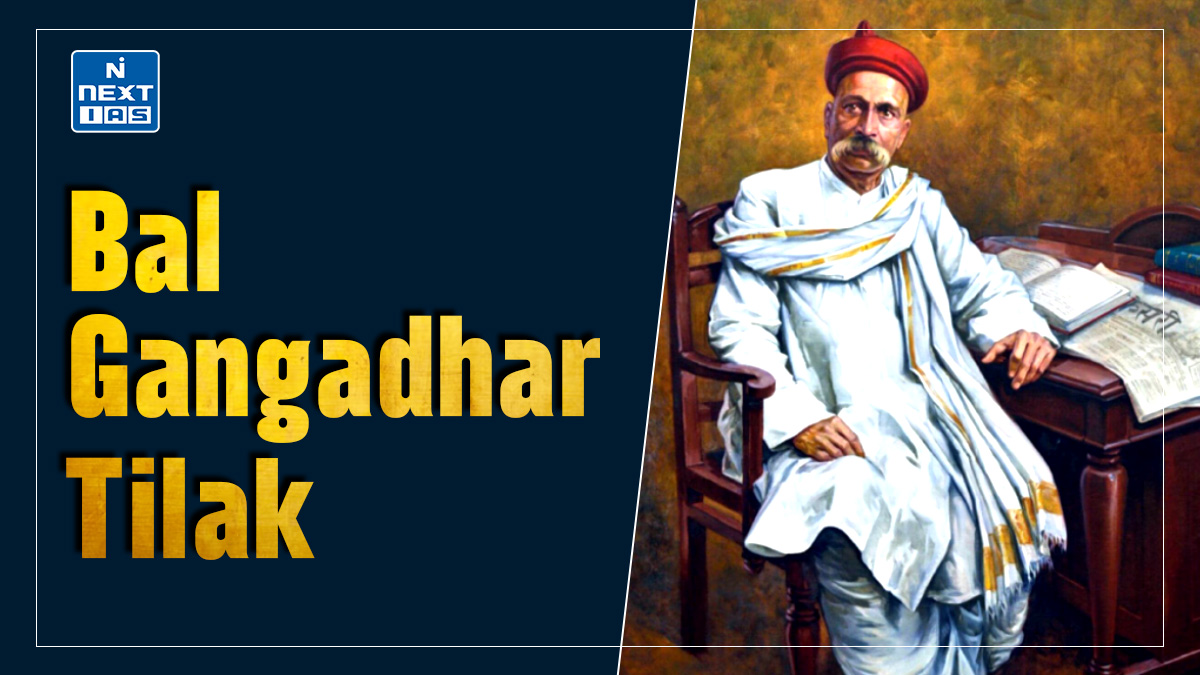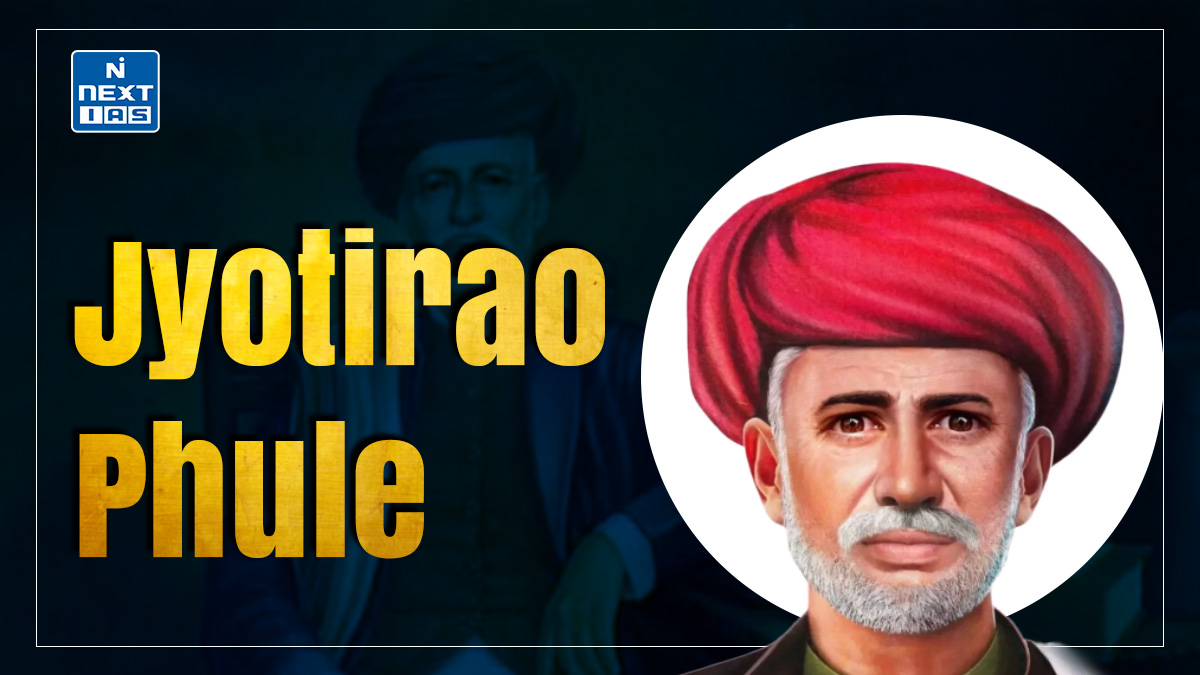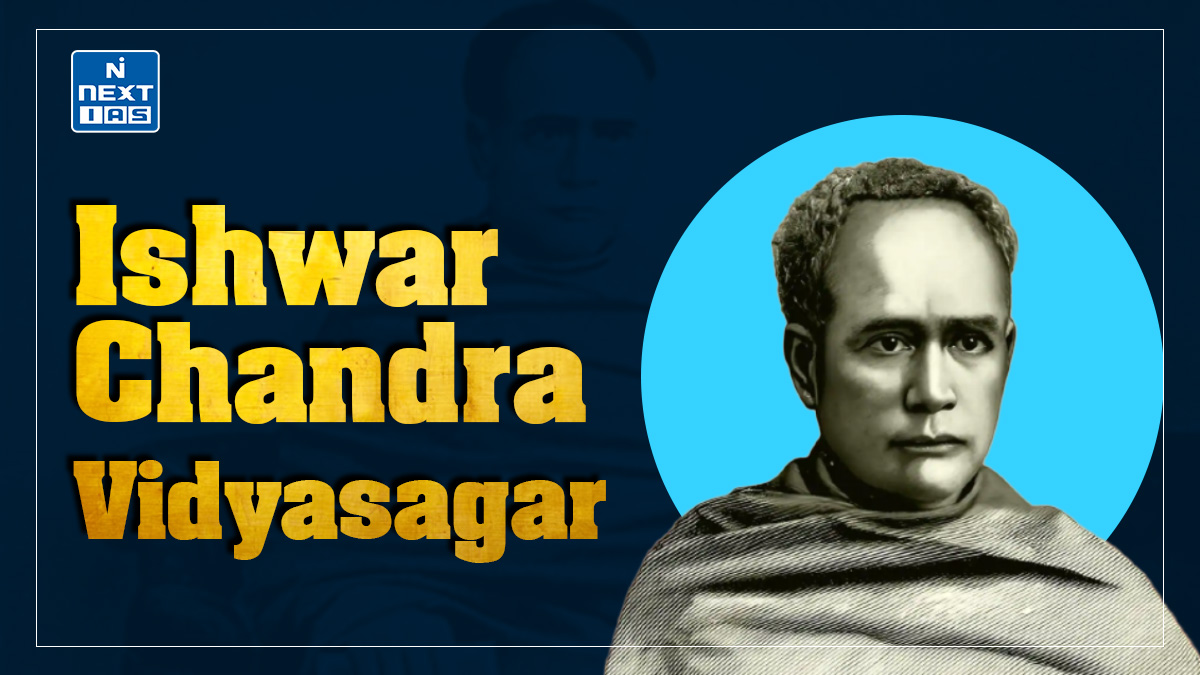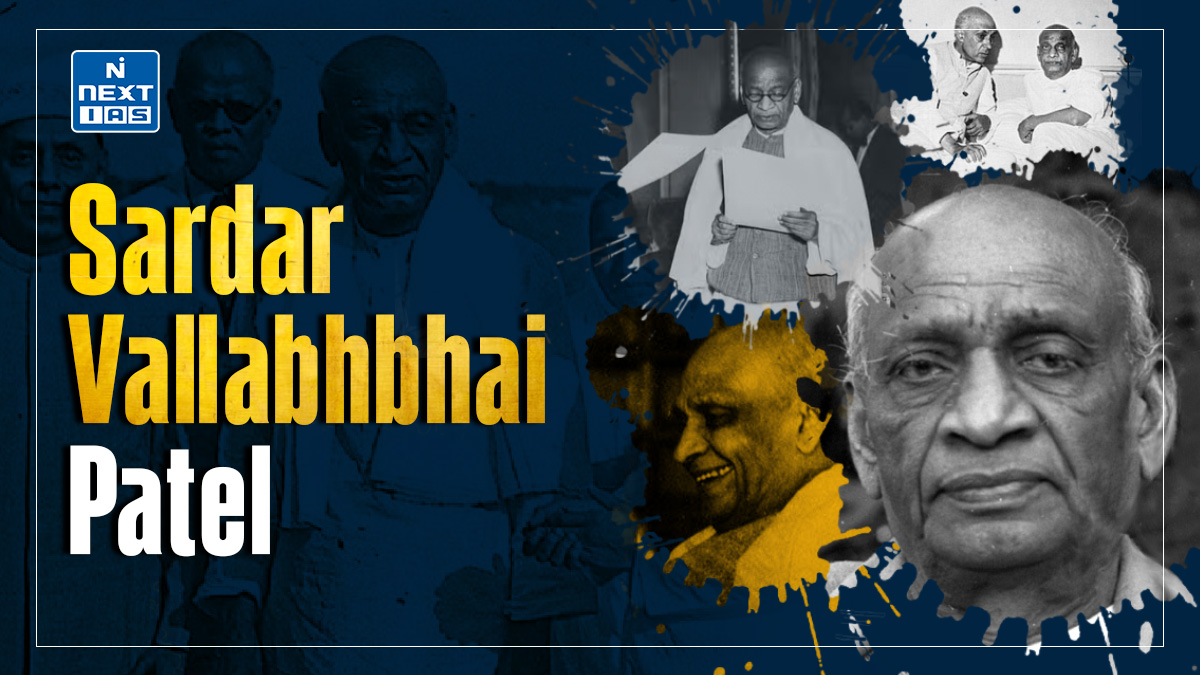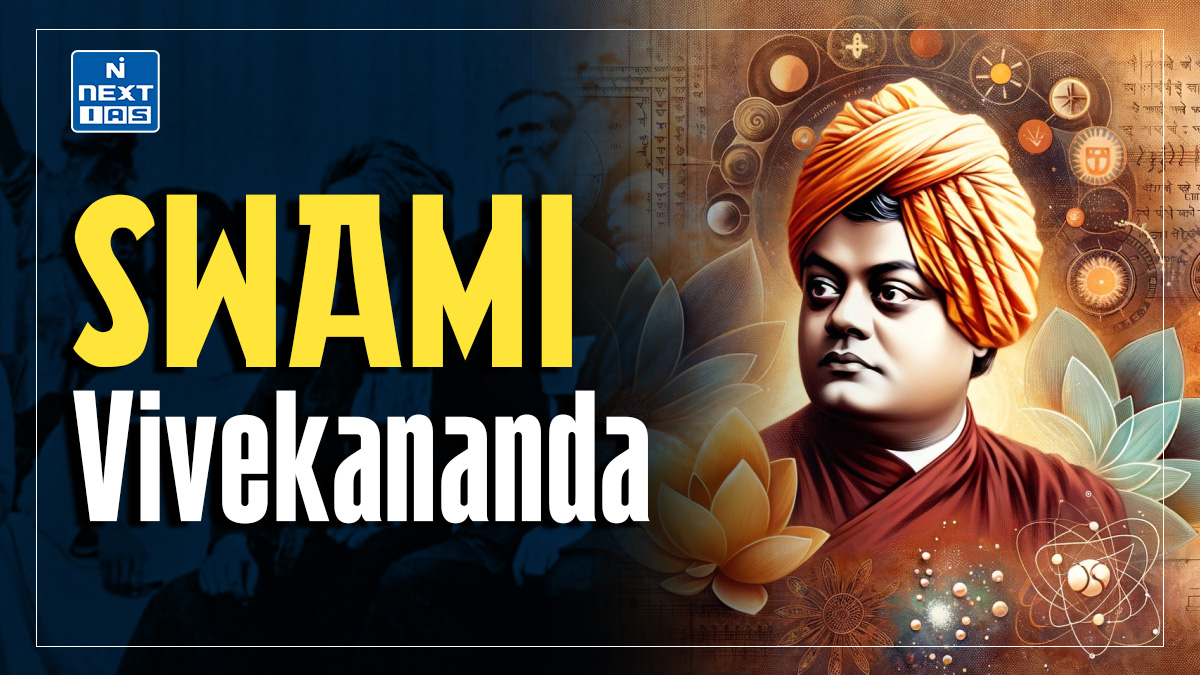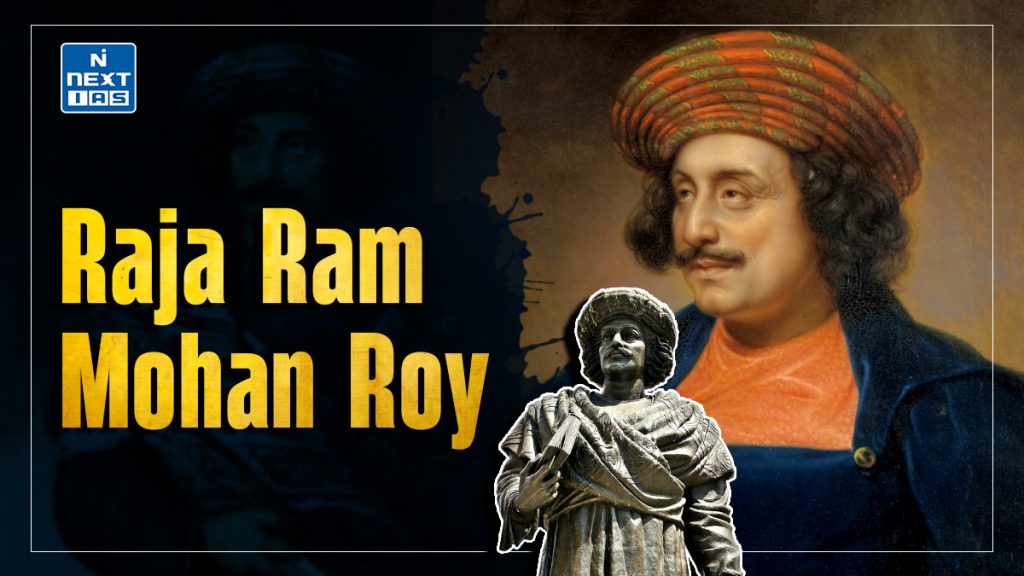
Raja Ram Mohan Roy, known as the Father of Modern India, was a visionary reformer of the 19th century who worked tirelessly to modernize Indian society and eradicate social evils. His efforts in education, women’s rights, and religious reforms laid the foundation for India’s renaissance and progress. This article aims to study in detail the life, ideology, contributions, and enduring legacy of Raja Ram Mohan Roy.
About Raja Ram Mohan Roy
- Raja Ram Mohan Roy, often revered as the Father of Modern India, was a trailblazer who laid the foundation for social, religious, and educational reforms in 19th-century India.
- Born on 22nd May 1772 in Radhanagar, Bengal, and passing away on 27th September 1833, his contributions significantly shaped modern Indian society.
- His visionary ideas transcended his era, earning him a lasting legacy in the annals of Indian history.
Early Life and Philosophy of Raja Ram Mohan Roy
- Raja Ram Mohan Roy was a polymath and a gifted linguist, fluent in more than twelve languages.
- His intellectual pursuits and a deep understanding of diverse philosophies shaped his progressive outlook.
- A devout advocate of monotheism, he wrote Gift of Monotheists to promote the idea of one God, and translated sacred texts such as the Vedas and Upanishads into Bengali to make their knowledge accessible to the masses.
- In Precepts of Jesus, he emphasized the moral and philosophical teachings of Christianity, fostering interfaith dialogue, though it drew opposition from Christian missionaries.
Ideology of Raja Ram Mohan Roy
- Scientific Approach to Religion: Roy emphasized a modern, scientific analysis of religious beliefs, advocating dignity and reason over superstition.
- Equality and Women’s Rights: A pioneer in women’s empowerment, he vehemently opposed social evils like Sati, child marriage, polygamy, and the subjugation of women.
- Promotion of Western Education: Roy championed the inclusion of Western scientific knowledge and humanities in Indian education to modernise the system.
- Monotheism and Rationality: He believed in the existence of one God and sought to integrate the moral teachings of all religions, dismissing rituals like idolatry and caste rigidities.
Key Contributions of Raja Ram Mohan Roy
- Religious Reforms and the Brahmo Samaj: Raja Ram Mohan Roy founded the Atmiya Sabha and later the Brahmo Sabha (which became Brahmo Samaj) to propagate his reformist ideas.
- Through these organisations, he campaigned against caste discrimination, idolatry, and social evils like Sati and untouchability, aiming to reform Hinduism and uplift society.
- Abolition of Sati: Roy was instrumental in abolishing the barbaric practice of Sati, where widows were forced to immolate themselves on their husband’s pyre.
- His relentless advocacy led to the enactment of a law against Sati by Lord William Bentinck in 1829.
- Educational Contributions: Roy established the Vedanta College and supported the foundation of the Hindu College alongside David Hare.
- These institutions laid the groundwork for modern education in India, blending traditional Indian values with Western scientific knowledge.
- Rational Opposition to British Rule: While opposing British exploitation, Roy advocated for reforms such as freedom of the press, trial by jury, judicial equality, and the Indianization of British administrative services.
- His rational critique of British policies sowed seeds of national consciousness.
- Social Awakening and Nationalism: Roy’s reformist agenda aimed to unite Indians across caste and creed, fostering a sense of national identity.
- He opposed Christian missionaries’ religious conversions while emphasising the need for a united, reformed society.
Legacy of Raja Ram Mohan Roy
- Raja Ram Mohan Roy’s relentless efforts earned him the title of “Father of Modern Indian Renaissance.”
- His contributions provided a framework for later reformers and freedom fighters, who carried forward his vision of a progressive, equitable, and united India.
- His legacy inspires the pursuit of social justice, education, and national unity in modern India.
Conclusion
Raja Ram Mohan Roy was a revolutionary thinker whose reforms catalysed India’s transformation during the colonial era. By addressing deep-rooted social evils and advocating for rationality, equality, and modern education, he laid the foundation for a progressive society. His pioneering efforts bridged the gap between tradition and modernity, making him a beacon of enlightenment in India’s history. His life and work remain a testament to the power of reform and rational thought in shaping a nation’s destiny.
GS - 1